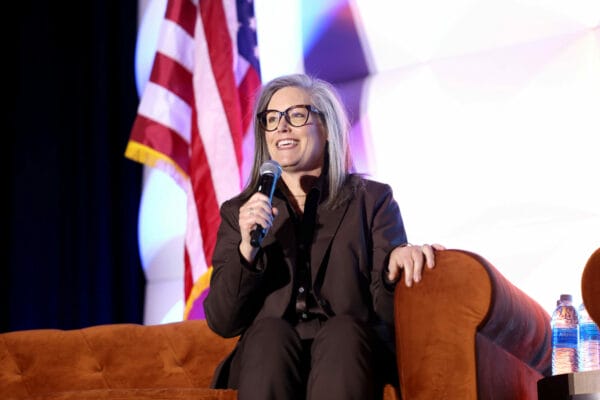By Kristin Broughton | Wall Street Journal
Earnouts are on the rise in mergers and acquisitions as companies look to close the gap between what buyers want to pay for a deal and what sellers think they are worth.
Corporate M&A last year plunged to the lowest level in a decade as companies found it difficult to agree on a price. For buyers, interest-rate hikes over the past two years aimed at curbing inflation have increased financing costs and lowered the projected value of potential targets in an uncertain economy. For sellers, meanwhile, rising stock-market valuations have given them confidence to demand higher offers.
With an earnout, companies make a portion of the deal value contingent on a seller’s future performance. Buyers pay a certain amount at closing, and agree to pay an additional chunk if the seller achieves one or more financial or operational metrics—such as revenue, profit or regulatory approval—down the road.
“Earn outs are a great way for both the buyer and seller to compromise on the purchase price but there are pitfalls that the sellers need to be very careful of when agreeing to the terms of the earn out payments.” – Shruti Gurudanti, Rose Law Group partner and director of corporate transactions







